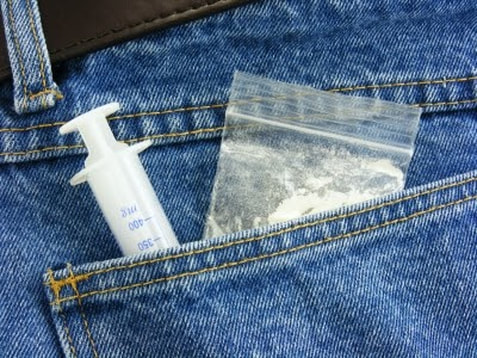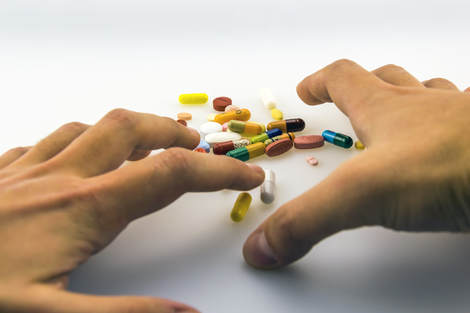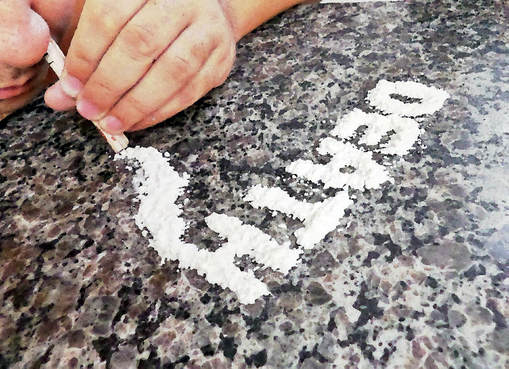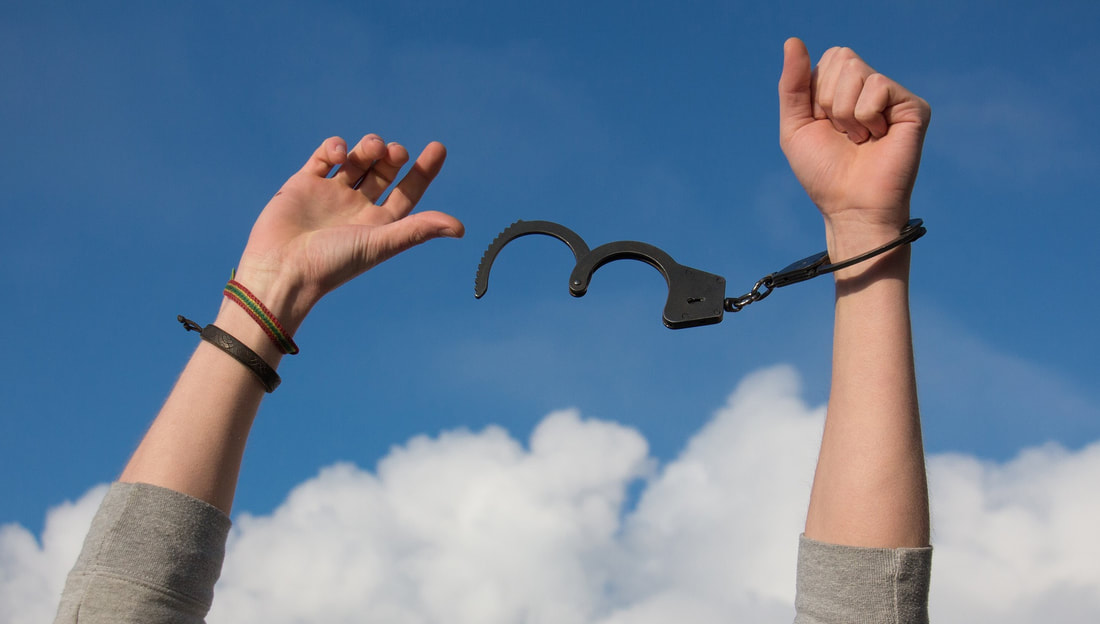Author: David BeeshawDavid Beeshaw is a health blogger who dedicated his time and efforts to help people dealing with HIV and STIs. A part of the team at raTrust, David often writes about psychological problems and stigma those at risk of STIs face and deal with. Drug addicts often don’t want to admit that they have a problem. Until they do that, they cannot enter treatment or successfully overcome their addiction. In most cases, addicts' denial is covered by a multitude of excuses, which you will need to destroy if you want to get through to them. Here are some of the most popular excuses you will hear from drug addicts in denial, together with some ideas on how to overcome them. 1. I’m only hurting myself This is a form of self-sabotage, and it’s also a lie. Addicts will say that their behaviour only affects themselves, and if you are a member of their family or a loved one, you will know it’s not true. Addicts can hurt everyone that cares about them, and if their behaviour descends to the level of crime, they will be hurting others too. Explain how much you have been hurt by their actions so far to counter this excuse. 2. I can quit any time This is such a common excuse that it has become a punchline. Make a challenge: if that’s true, ask them to quit for just one week to prove it. Their failure to do so will be something you can use next time they say this – and if they succeed, then they may end up going clean long-term. 3. I’m under a lot of stress Addictive behaviour can often be triggered, or worsened, by traumatic or stressful events. However, due to the nature of addiction, it’s not likely that things will ever get better while they are using. Explain to them that there are other, healthier ways to deal with stress, and that you are willing to try those methods out with them. 4. It’s a social/evening thing You can’t be addicted if you only use at night or in social situations, right? Wrong. Addictive behaviour can form even within strict parameters, until the addict feels that they can’t get through an evening or a party without using. Just because they aren’t using during the day or alone, doesn’t mean that they aren’t addicted. To help your addict, try asking them to stay with you during evenings instead of going to wild parties where they are bound to take again. You may even decide to go to the parties with them to keep an eye on them. 5. Other people are worse An addict may often say that a friend or family member is more addicted than they are. For example, an alcoholic may claim that they know someone who drinks twice as much as they do. Not only are tolerances different for everyone, but no one should measure themselves against someone else. It’s about what is harmful for them, and when their behaviour has crossed a line. 6. I’m still doing great
An addict may be functioning well enough to still succeed at work or at school. They may be a fantastic parent or a great partner. The fact of the matter is that addiction is a slippery slope, and things are likely to go wrong someday. Even if they don’t lose that functionality, almost all addictions can cause death, arrest, or other huge consequences down the line. Ask them to stop now, before they spiral out of control and lose their job, get kicked out of school, or hurt the ones they love. 7. You’re no saint yourself! When you approach an addict, they may go on the offensive. They may accuse you of bad behaviour in the past, or even say that you are the source of their bad behaviour. As such, you have no right to judge them and tell them what they should and shouldn't do. If this happens, calmly explain that you are not there to judge but only to provide help. There’s no point in engaging in this contest with an addict – deciding which of you is the worst won’t help anything. They need to get help, and if you do, then you will too. Dealing with an addict is very difficult, and they may not always listen to reason. Having your responses prepared may help a lot when staging an intervention, however.
2 Comments
David Beeshaw
27/9/2017 12:38:39
Thank you very much for featuring me Nebo!
Reply
Nebo
27/9/2017 15:50:47
No problem, David. Your article is insightful and useful to all those affected by the opioid crisis.
Reply
Leave a Reply. |
Please note that most of the articles have a "Read More" break, which is sometimes hardly visible.
It is located at the bottom of visible part of the article, on the right side. To continue reading the article, click on that link. This page may contain affiliate links meaning we earn a commission if you use those links.
We only recommend pages we appreciate and trust. Archives
March 2023
Categories
All

|
For guest posts or placing ads on our website, please use the contact form on the 'About/Contact Us' page.





 RSS Feed
RSS Feed

